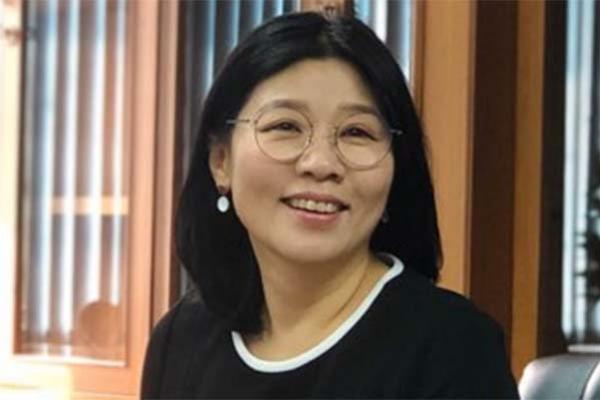
The Institute for Korean Studies presents:
"Assessing the Use of Google Translate in Korean Learning"
Jung Hee Lee
Kyung Hee University
This lecture will be delivered in Korean.
Abstract: 최근 한국어 학습자들은 어린 시절부터 디지털기기와 인터넷 환경에 익숙한 ‘디지털 네이티브(Digital Native)’이고, 대면이 아닌 언택트(untact) 환경의 온라인에서 의사소통을 하고 학습, 생활과 일을 주도하는 세대이다. 최근 COVID-19와 같은 팬데믹 현상을 겪게 되면서 온라인상에서 언어를 배울 수 있는 한국어 학습에 유용한 프로그램, 앱과 콘텐츠들이 있다. 전통적으로 활용해 온 MS워드나 한글의 맞춤법, 띄어쓰기 교정 기능도 있고 단어나 문장 단위 학습을 위한 다수의 앱이 있다. 문장 단위의 대화가 가능한 챗봇도 개발되고 있고 VR,/AR기술을 활용한 플랫폼도 교육에 적용되고 있다. 이에 한국어를 배우는 학습자가 개인 학습 과정에서 유용하게 활용할 수 있는 한국어 학습용 앱과 온라인 콘텐츠를 소개하고자 한다. 특히 딥러닝 기술의 개발과 AI의 발달로 기계 번역 수준이 높아지면서 구글 번역기를 한국어 학습에 어떻게 활용할 수 있는지 집중적으로 소개하고자 한다.
Today’s foreign language learners are digital natives who are familiar with digital devices and networked settings since childhood. This generation is accustomed to communicating, digesting information, leading daily life, and managing work virtually in an “untact” (a Korean term meaning non-contact) environment. Particularly, the pandemic has led to a significant increase in the number of useful programs, apps, and content to learn Korean online. In addition to the spelling and spacing correction functions in MS Word and Hangul programs that have been traditionally used, there are many apps available for learning and practicing Korean vocabulary, grammar, and conversation. Chatbots capable of communicative exchanges at sentence and paragraph levels as well as platforms using VR (Virtual Reality)/AR (Augmented Reality) technology are being developed and made available. In this talk, I will introduce Korean language learning apps and online programs that can be utilized in Korean learning. In particular, as the quality of machine translation increases dramatically with the development of deep learning technology and AI (Artificial Intelligence), the discussion will focus on how Google Translate can be utilized for learning Korean.
Jung Hee Lee received her B.A. in Korean Language and Literature, M.A. in Korean Language Education, and Ph.D. in Korean Language and Literature from Kyung Hee University, Seoul, Korea. She is a Professor in the Graduate School of Education at Kyung Hee University, where she teaches Korean Education as a Second/Foreign Language. She specializes in Korean language pedagogy and her research interests include Korean language assessment, and Korean curriculum and material development. She was a visiting scholar at Georgetown University in Washington D.C., in 2012. She served as the president of the International Association for Korean Language Education (2017-2019) and has published more than 60 research articles and 100 Korean teaching and learning materials.
